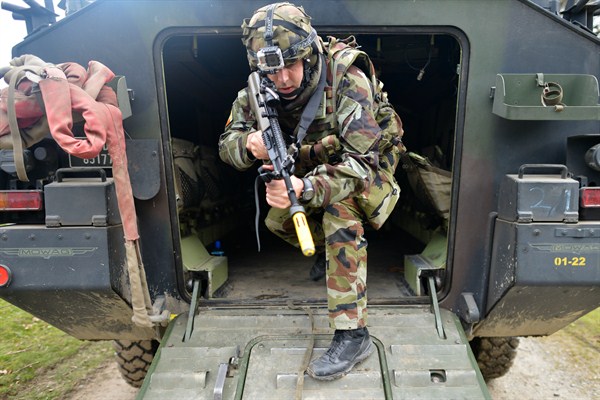After 9/11, the United States was thrown into a type of conflict that the U.S. military, intelligence community and Department of State all did not expect: large-scale counterinsurgency. The United States, particularly the military, had always been reluctant to take this on. Counterinsurgency is a politically and psychologically complex struggle that doesn’t play to America’s strength: morally unambiguous warfare where victory comes from creating the biggest and most powerful military, then winning battles until the enemy is crushed. Counterinsurgency often takes place in cultures and locations—remote villages, dense city streets—that Americans have a difficult time understanding.
Despite the desire to avoid this trap, U.S. political leaders sometimes stumbled into it, most prominently in the Philippines from 1899 to 1902 and in Vietnam during the 1960s and 1970s. Both times the United States had to create a counterinsurgency capability from scratch. Both times it eventually did so but paid a cost for its lack of preparation. Then, both times America let its counterinsurgency capability atrophy after disengaging, believing that it would never need it again. In counterinsurgency, America was like Sisyphus.
When President George W. Bush committed the United States to major interventions in Afghanistan and Iraq as part of his “global war on terrorism”—involving regime change, post-conflict stabilization, nation-building and the reconstruction of both countries’ security forces—armed resistance quickly emerged, dragging America back into counterinsurgency. Once again, the United States had to recreate its strategy and capability, again paying a significant cost in blood and treasure for its lack of preparation.

